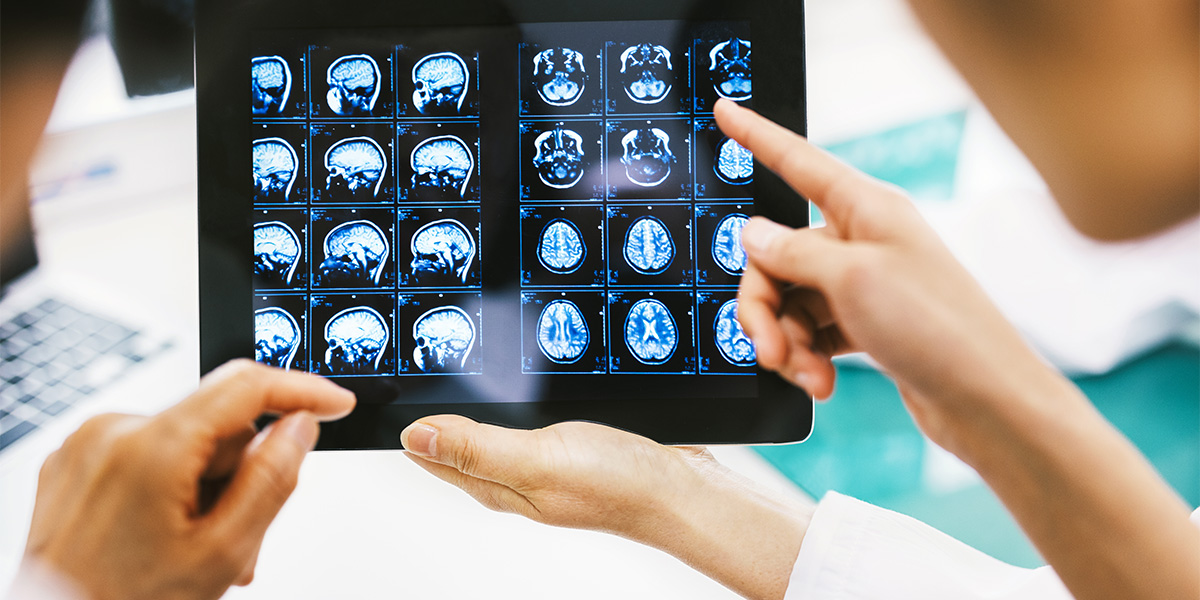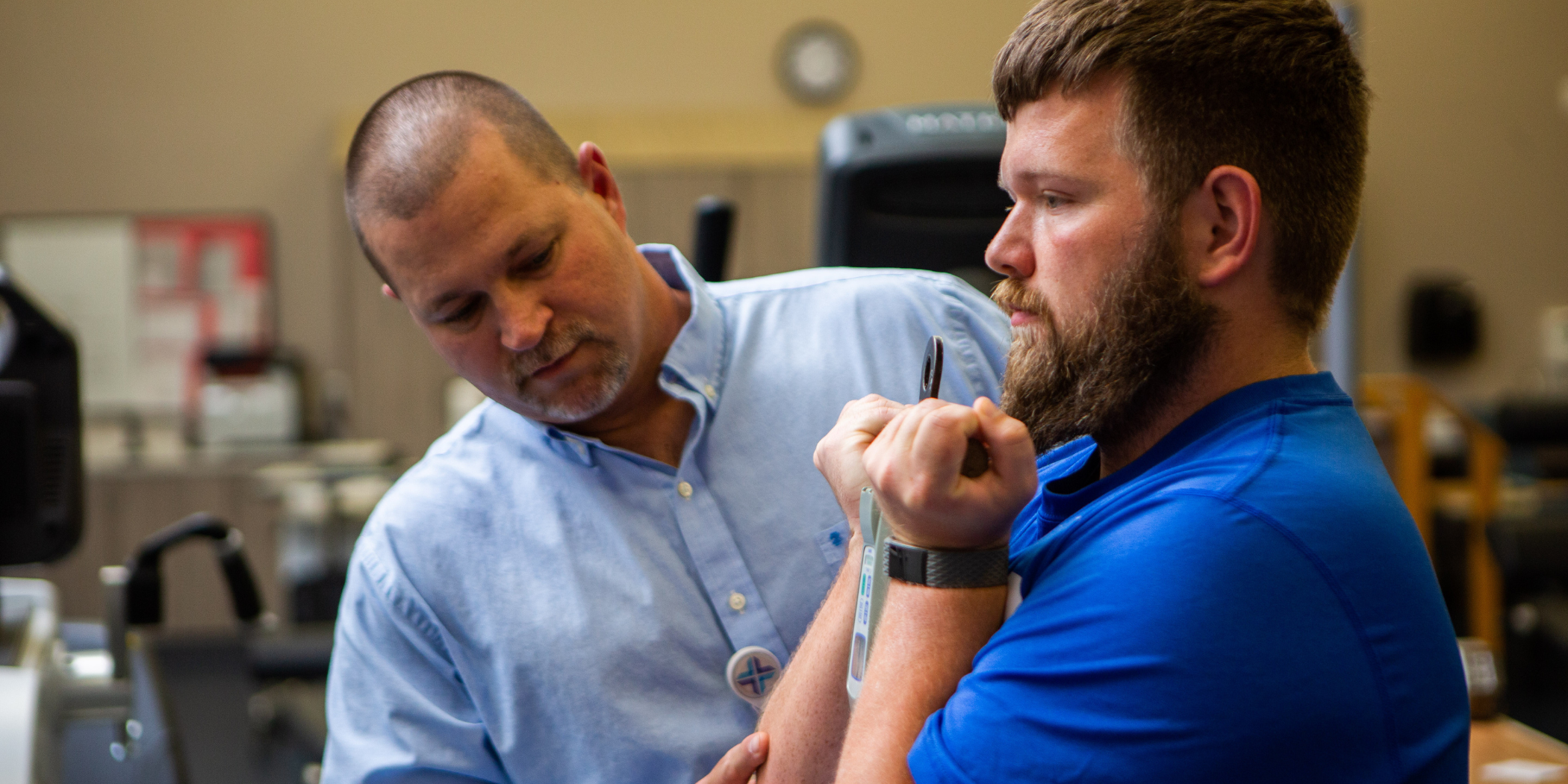
Mental notes
Everyone feels moody or has “a case of the Mondays” occasionally, but when disruptions in thought or behavior cause someone to lose their ability to cope with normal functions and routines, they may be dealing with a much more serious problem than mere moodiness. Mental health is just as important to a person's overall health as his or her physical condition, and mental illnesses must be cared for as diligently as any physical illness.
There are more than 200 identified forms of mental illness, the most common of which are depression, bipolar disorder, schizophrenia, dementia, and anxiety disorders. Mental illnesses often manifest physically as well as emotionally and psychologically and can be caused by excessive stress, genetics, and/or biochemical imbalances. You should contact a medical or mental health professional if you notice any of the following warning signs in a loved one:
- Long periods of sadness or irritability
- Feelings of extreme anger
- Extreme emotional highs and lows
- Excessive feelings of fear and anxiety
- Social withdrawal
- Several unexplainable physical complaints
- Substance abuse
- Denial of pronounced issues
- Delusions or hallucinations
- Suicidal thoughts or actions
Most people with mental illnesses do not know how to get help and often go without the services they need. If you suspect a loved one may have a mental health condition, there are several resources available to you that can offer counseling and mental health referrals.
For mental health information or referral service, contact emergency medical services:
- Always call 911 for emergency assistance if you believe the situation may be life-threatening.
- National Suicide Prevention Lifeline: Call 1-800-273-8255 www.suicidepreventionlifeline.org.
- Substance Abuse and Mental Health Services Administration (SAMHSA): Call 1-800-789-2647
- The National Alliance on Mental Illness, or NAMI, also offers discussion groups and education and support programs for caregivers and family members of those suffering a mental disorder through their website: nami.org. Call 1-800-950-6264.
Do not hesitate to get help for someone you believe may be suffering from a mental health condition. Given proper treatment, many people are able to cope with or even recover from mental illness. A medical or mental health professional can help both you and the person suffering from a mental health condition, and could even help save a life.












